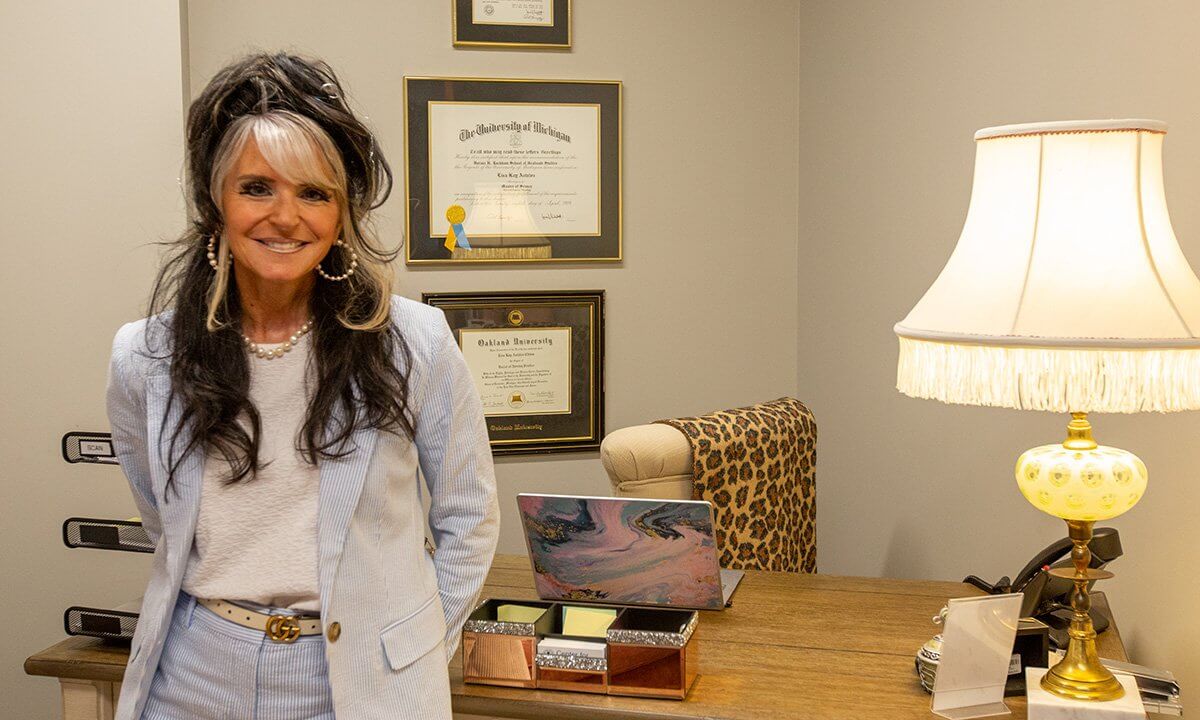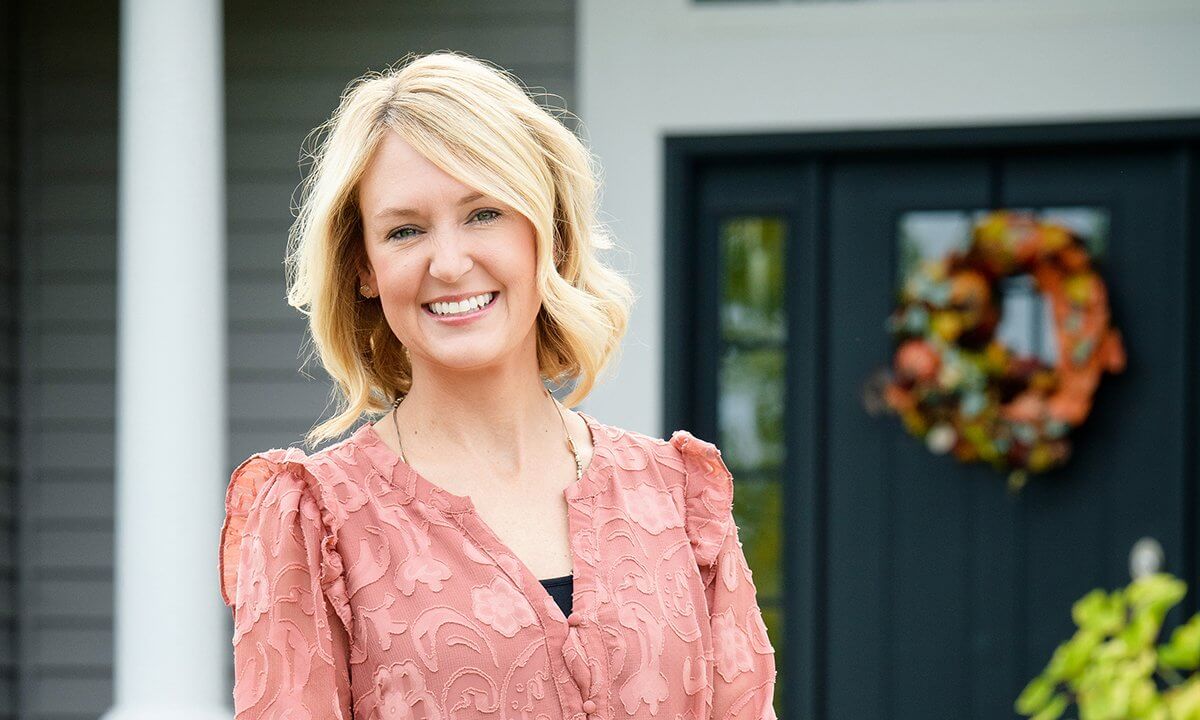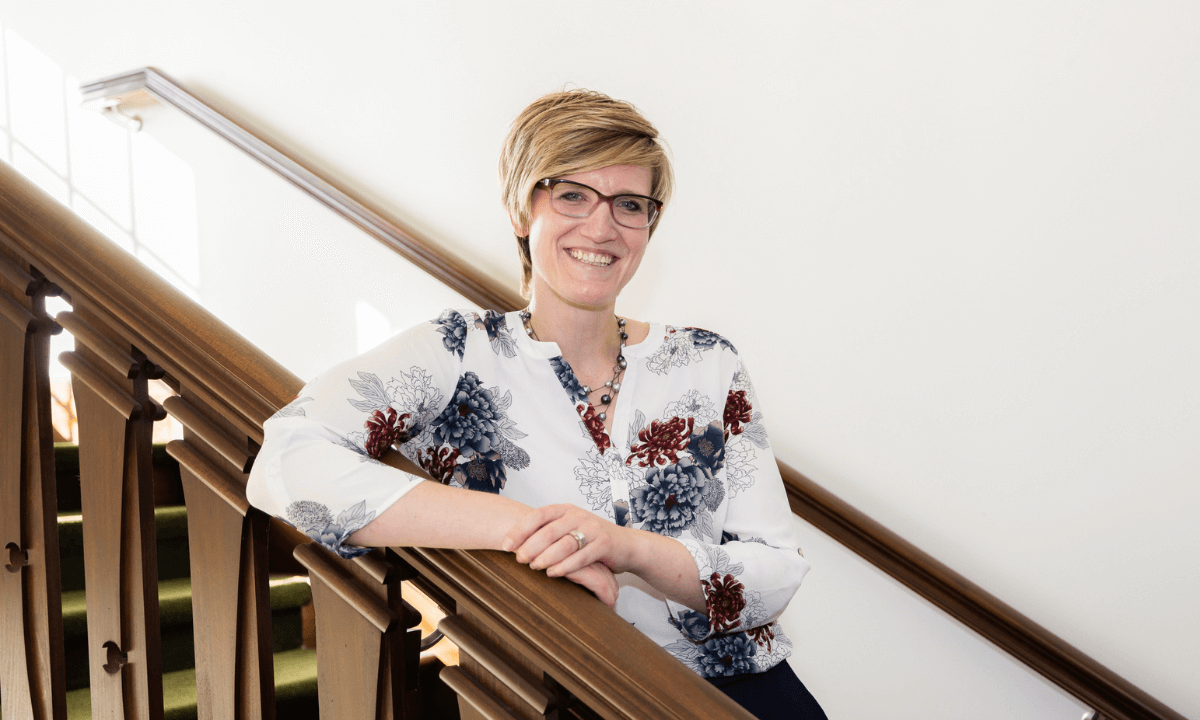Nursing Fellow Embodies Excellence
Lisa Chism, DNP, APRN, NCMP, FAANP is a Fellow twice over
Nurses work tirelessly every day to achieve exceptional health outcomes for their patients. And while those constant, life-changing contributions are remarkable, there are some nurses who even go above and beyond what’s asked of them in their day-to-day work to make career-spanning, transformative contributions to the field.
Every year, a small number of those super nurses are recognized for their efforts by being named a Fellow of one of the many regulatory or credentialing bodies governing the various nursing disciplines.
Nursing Fellows represent some of the finest attributes that might be expected of practicing nurses. Typically earning the distinction with several decades of experience under their belts, a plethora of licensure and credentials, professorships, and published work, these Fellows are truly the MVPs of the field.
Even so, becoming a Fellow isn’t simply a pat on the shoulder for a job well-done. The application process is often difficult in and of itself, requiring a nomination from a distinguished nurse and a demonstrated track record of sustained contributions to the field. And once a nurse is named a Fellow, the work doesn’t stop; the distinction is certainly an accolade, but it’s also a vote of confidence that the Fellow will continue and even expand their already exemplary contributions to nursing.
Lisa Chism (DNP, APRN, NCMP, FAANP) is a Fellow twice over. She was named a Fellow of the American Academy of Nurse Practitioners in 2011 and received her second in October 2021 from the American Academy of Nursing.
An alumna of the SON, Dr. Chism has been a nurse for over 30 years, beginning in geriatrics and acute care before going on to a long career at the Barbara Ann Karmanos Cancer Center, where she became the clinical director of the Women’s Wellness Clinic. While working with breast cancer patients and survivors at Karmanos, she developed an interest in the difficulties her patients experienced with menopause and sexual health.
“I had some survivors I had been taking care of for years, and through doing that I realized that nobody was helping them with their menopause symptoms,” she said. “People who’ve had breast cancer can’t take hormone therapy, so you really have to think outside the box and use different methods, sometimes non-pharmaceutical methods, non-hormonal, sometimes off-label.”
Dr. Chism is currently at the Oakland Macomb Center for breast health, where she’s working to duplicate the treatment program she developed at Karmanos in order to reach even more patients.
Outside of her day-to-day work at the Oakland Macomb Center, Dr. Chism is also a published author. Her most recent publication is the fifth edition of The Doctor of Nursing Practice: A Guidebook for Role Development and Professional Issues, a textbook for students pursing a Doctor of Nursing Practice (DNP) degree. She first conceived of the book in 2007, right after completing her own DNP degree program at the SON.
“At the time, there really wasn’t one resource that spoke to the DNP degree,” she said. “So I thought, ‘Why not put one together myself?’. I had never written a book before — all I had was an outline — but within three weeks of sending out query letters I had a contract.”
She has also been heavily involved in developing nursing standards at the federal level, recently serving on a CDC Federal Advisory Committee where she helped establish recommendations for sexual health for young women with breast cancer.
Dr. Chism is grateful for the recognition being named a Fellow entails, but is most excited about the opportunities it gives her to continue contributing to the field.
“It’s acknowledgment of your contributions and that you’ve truly been able to contribute to nursing and to healthcare on a very broad national, sometimes international scope,” she said. “I’m now in a private practice, and it’s important to me to continuing to contribute and to do so at this level where I’m really going to be able to continue to impact health care and policy.”

 September 09, 2022
September 09, 2022
 By Adam DePollo
By Adam DePollo



